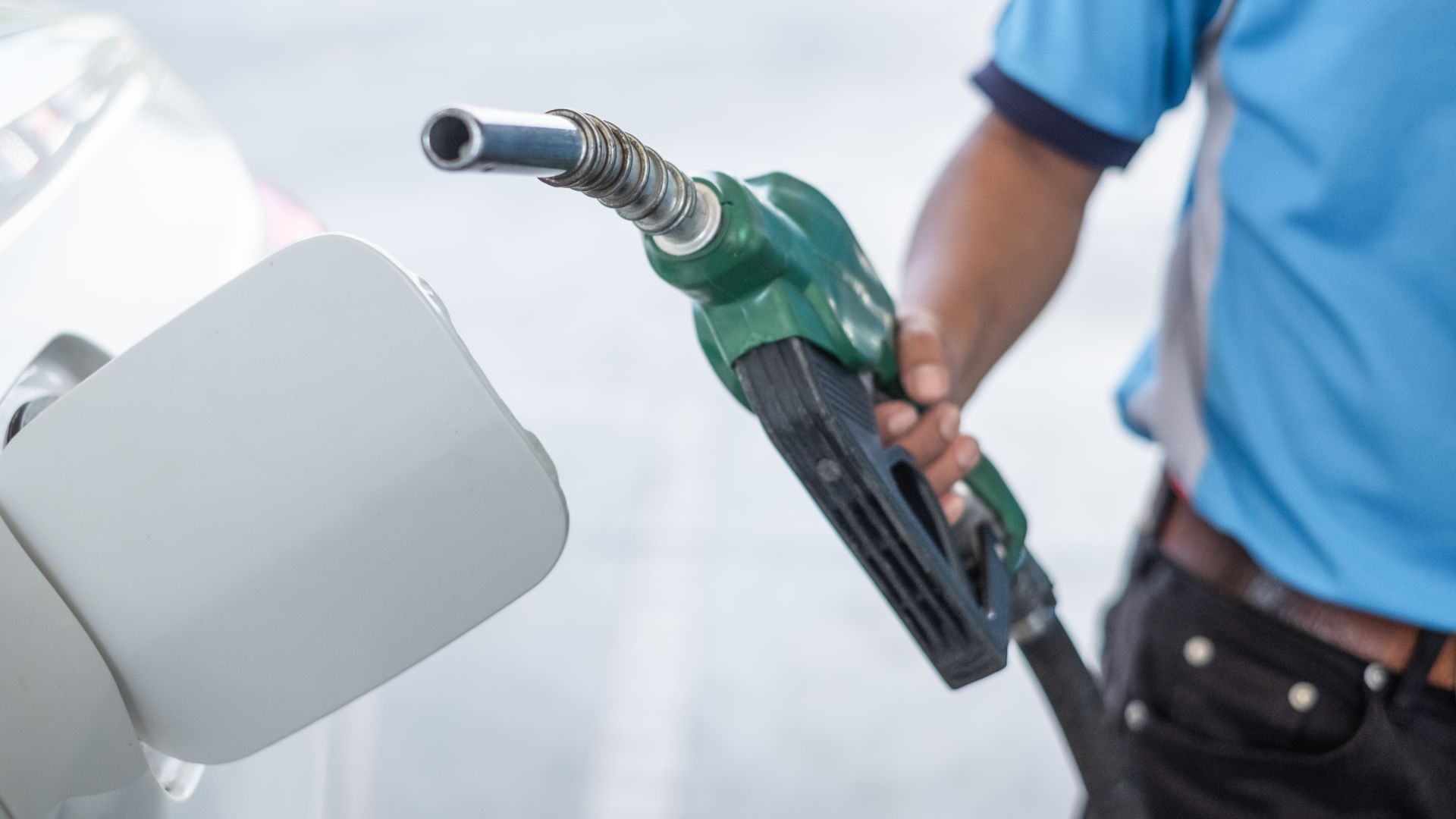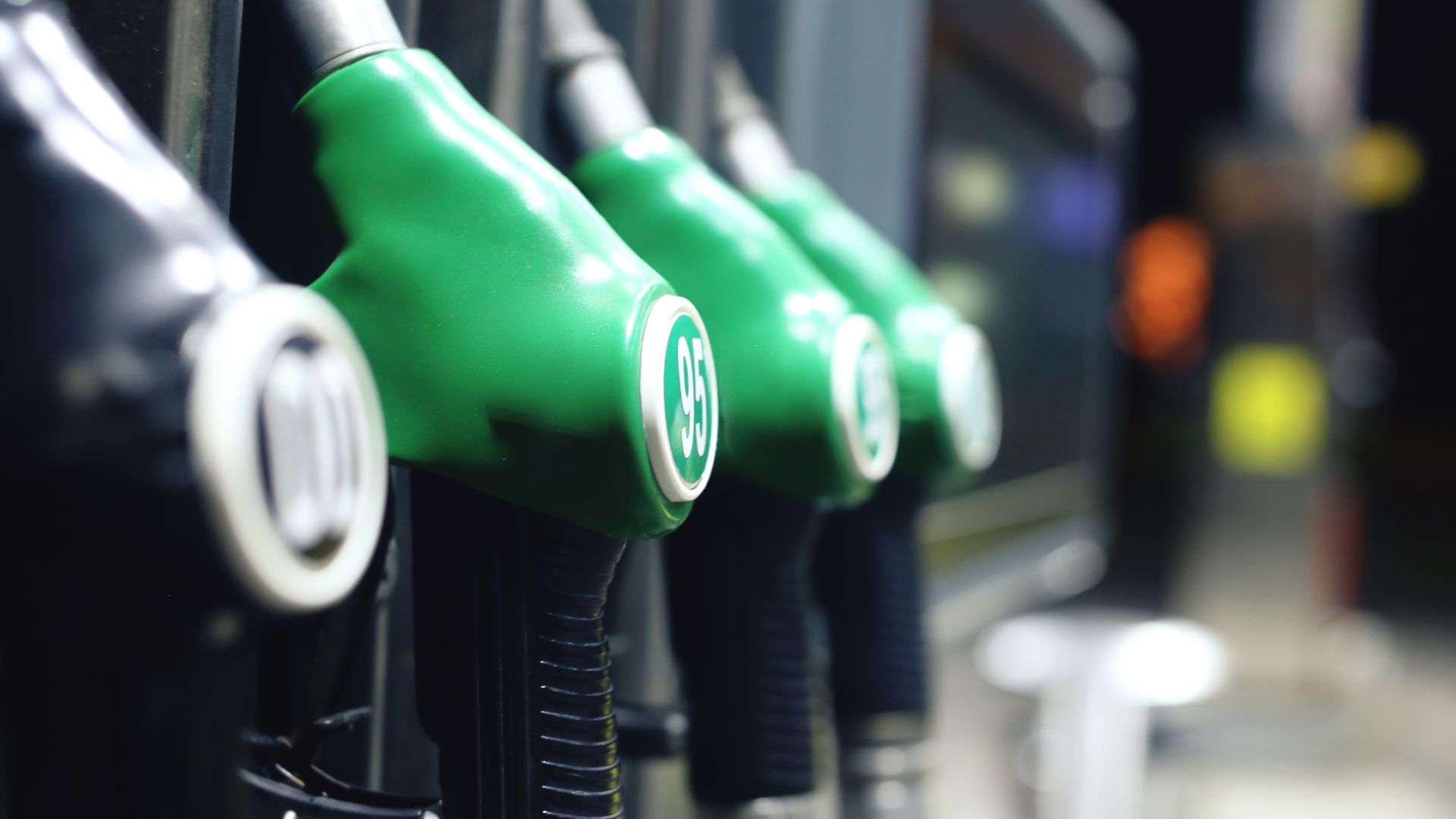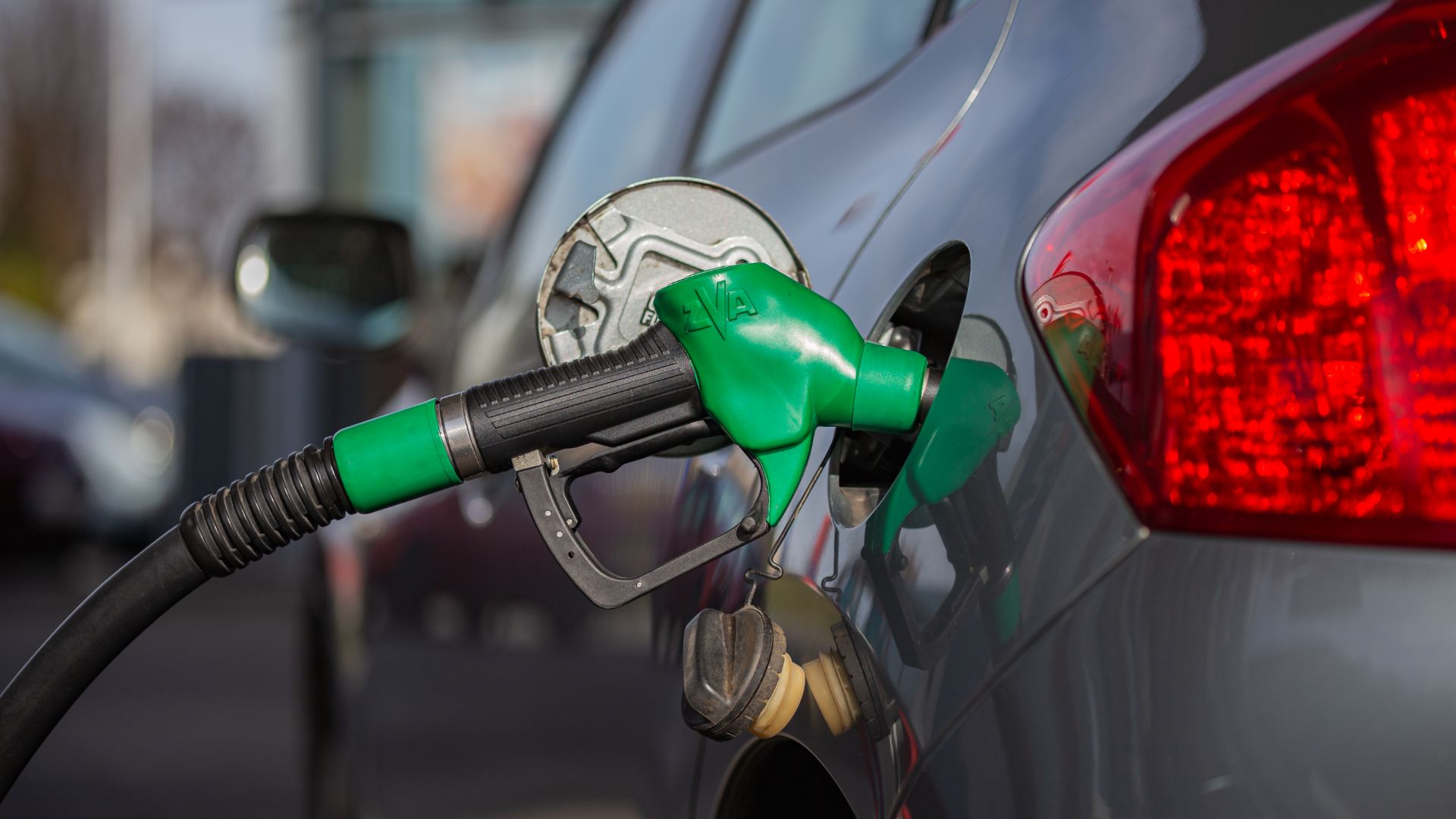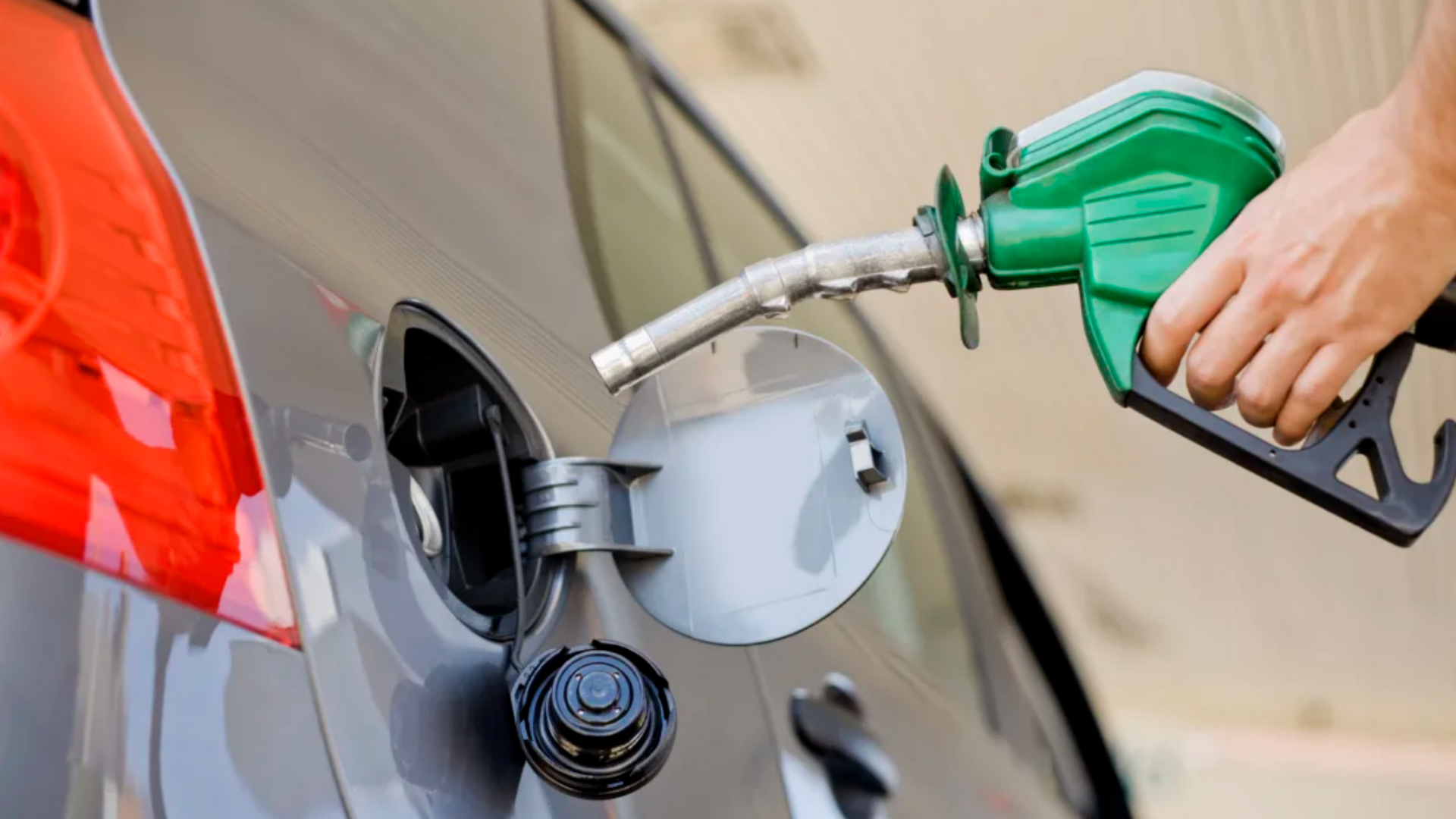
The latest RAC Fuel Watch data gives some cause for celebration for motorists. Fuel prices have fallen at a speed not seen since the year 2000.
The decline is due to fears about the coronavirus, says the RAC. Over the course of February, unleaded petrol fell by around 3p per litre, while diesel fell by 4.2p per litre.
That means the average petrol car with a 55-litre tank is now £1.61 cheaper to fill than it was in January. A typical diesel car is now £2.33 cheaper to fill.
Average prices for petrol and diesel sit at 124p per litre and 127p per litre respectively, down from 127p and 131p.

Not only are these the sharpest drops since 2000, they’re actually on the leaderboard for all-time declines. The drop in petrol is the 19th fastest ever recorded, while the diesel drop ranks 11th.
So why the cheaper fuel? The price for a barrel of oil dropped by a sixth in the last 10 days of the month. Again, this is attributed to the coronavirus.
That left the end-of-month wholesale price of petrol at 90p per litre, with diesel at 92p per litre.
- The ultimate guide to finding cheaper fuel

- Petrol-scented candle comes top in poll of nicest smells
Because of this, the RAC is calling for fuel prices to drop further still. The last time wholesale prices were that low, petrol and diesel were 5p and 8p per litre cheaper at the pumps than they are now.
“February was a good month for drivers with two rounds of supermarket price cuts,” said RAC fuel spokesman Simon Williams.

“These resulted in 3p being shaved off the average price of petrol and 4p off diesel. While it is good drivers are benefiting from lower forecourt prices, in reality, the wholesale price is such that the big four supermarkets, which dominate UK fuel retailing, should cut their prices again.
“The oil price has slumped due to the spread of the coronavirus prompting fears of slower global demand. This may well lead to a move from oil producer group OPEC and its allies to restrict production when they stage an extraordinary meeting in Vienna on Friday. If they decide to take action to prop up the barrel price it would very likely put an end to falling forecourt fuel prices.”